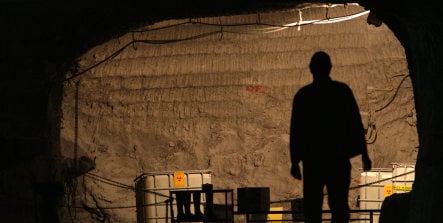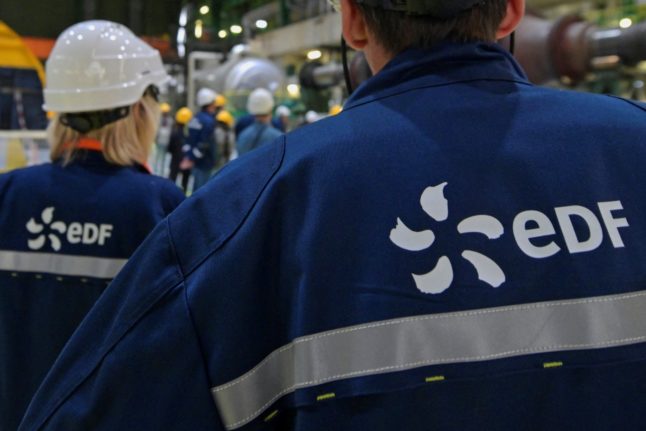The storage of nuclear waste in salt caverns has failed. That has been made abundantly clear by the problems found at the so-called test storage facility Asse. The federal government has invested several hundred million euros in the research at the Asse project in an attempt to solve the permanent storage dilemma of the nuclear energy industry.
The current calls to switch the operating company in charge of the facility is a distraction from the actual problem, which is what should actually be done with Germany’s nuclear waste. This question must now be answered by Environment Minister Sigmar Gabriel, Education and Research Minister Annette Schavan and Lower Saxony’s Environment Minister Hans-Heinrich Sander. Greenpeace is demanding the retrieval of nuclear waste from the site at Asse.
Asse served as a model project for the planned permanent storage facility in Lower Saxony at Gorleben. The findings from Asse much now be taken into account when making the decision whether to store radioactive waste at Gorleben, which also has serious geological deficiencies.
The salt domes have contact with groundwater and are not contained under a continuous layer of rock, making Gorleben unsuited as a permanent storage facility. Sigmar Gabriel must now support the search for a new site.
The permanent storage problem also shows why we need to rid ourselves of the outdated technology of nuclear power. Each kilowatt hour of atomic energy will create more nuclear waste for which there is no proper solution.
Heinz Smital is Greenpeace’s nuclear expert in Germany. Translation by The Local.



 Please whitelist us to continue reading.
Please whitelist us to continue reading.